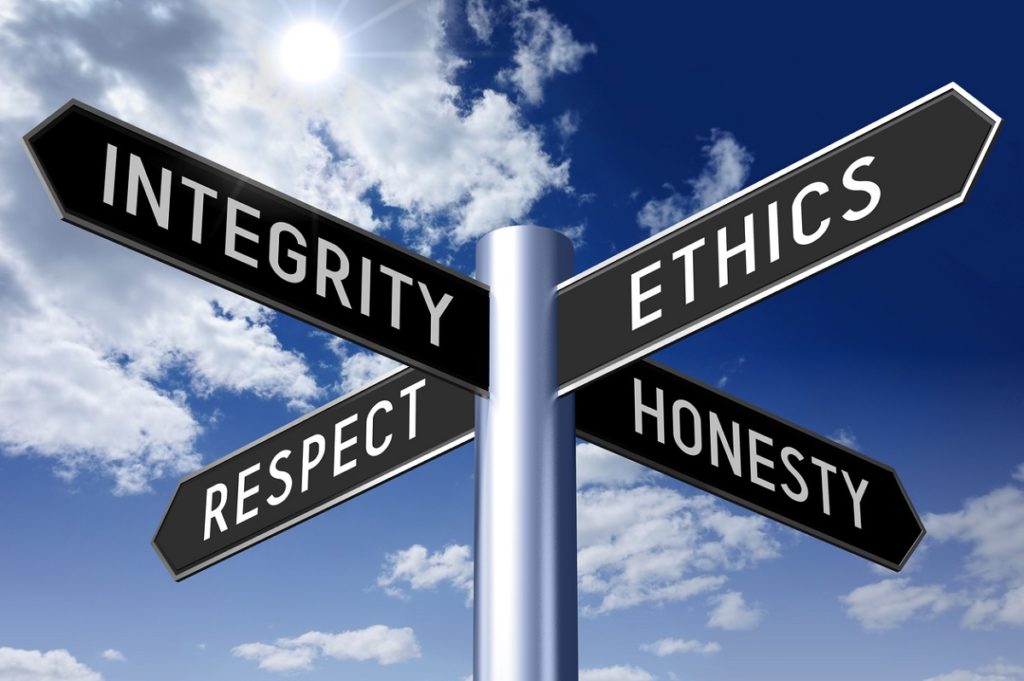The current scandals involving David Cameron’s role lobbying for Lex Greensill and Boris Johnson’s funding of the renovation of the Downing Street Flat are depressing, but not especially surprising; sleazy political undertakings are exposed with upsetting regularity.
These episodes, like previous scandals, have incited a slew of commentary on the decline of integrity in public life from scores of political commentators who’ve seen it (and said it) all before. Journalists are, of course, right to worry about the deleterious political consequences of this kind of behaviour. Nor can those who wish to strengthen regulations to prevent this sort of thing from happening be faulted.
But one of the problems with our discussions of integrity only arising when such scandals emerge is that this stops us from thinking about the integrity of our politics in broader, and more ethically and politically significant, ways. In particular, this focus on individual misconduct stops us from asking harder and more disquieting questions about one type of political integrity which does not get the attention it deserves – the question of whether or not the actions of our political institutions as a whole, rather than the behaviour of individual politicians, accords with the basic democratic principles and values that we as a society proclaim at regular intervals.
This point comes out clearly in the political theorist Judith Shklar’s ground-breaking discussion of political hypocrisy in her book Ordinary Vices. Shklar was incredibly sceptical of the value of a politics in which professional politicians and their supporters constantly point out all the ways that the other side fails to live up to their own ideals, not least because this gets in the way of us actually debating the merits of different political proposals, principles, and programmes in their own right.


Yet despite this, she claims that one subset of complaints about hypocrisy in politics matter – those focused on the idea of what she calls “institutional hypocrisy”. Complaints about hypocrisy of this sort, Shklar claims, can be potent because they lament “that the society in which we live does not live up to its declared principles, promises, and possibilities”.
This point is hugely important, and grossly overlooked, in nearly all discussions of the idea of political integrity. When there is a serious mismatch between the principles and values our institutions espouse, and the reality of their conduct and practice, our entire political system can be charged with lacking integrity in a very fundamental sense.
Consider that in the UK we have a government that insists the rule of law is a central “British value”, whilst treating thousands of migrants and asylum seekers in ways that violate central precepts of international law. Similarly, it says that it wants to “level up” opportunities across the country, while having to be shamed into funding free school meals for children growing up in poverty by Marcus Rashford, an admirable twenty-three-year-old footballer. I could, of course, go on.
It is tempting to personalise these realities by focusing our attention on Priti Patel’s cruelty and Boris Johnson’s shamelessness. But the issues are bigger than any individual, even the most powerful in the land. They speak to the failures of our institutions to comply with some of our most basic democratic commitments.
Thinking about the mismatch between the values that our society espouses and the concrete realities of its actions, which often reveal how far we fall short of really standing for those values, should, among other things, encourage self-reflection amongst all citizens. In a democracy, the state acts for us, in our name. When our institutions fail to uphold core democratic values and principles as blatantly as they so often do, and we turn a blind eye and/or do vanishingly little to rectify this, as so many of us do, this impugns our integrity too.
Those who reflect on the current sleaze-scandals and bemoan the absence of integrity in public life, before insisting that we need a more robust code of conduct that would do a better job of stopping the most egregious acts of self-enrichment, mean well and have a point. But it is not the whole story, and in its own way obscures some of the deeper, more interesting, and ultimately more troubling questions about political integrity which should concern us all.
Edward Hall is a Lecturer in Political Theory at the University of Sheffield. His first book, Value, Conflict, and Order, was recently published by the University of Chicago Press. He is also co-editor of Political Ethics: A Handbook, which will be published by Princeton University Press in 2022.

